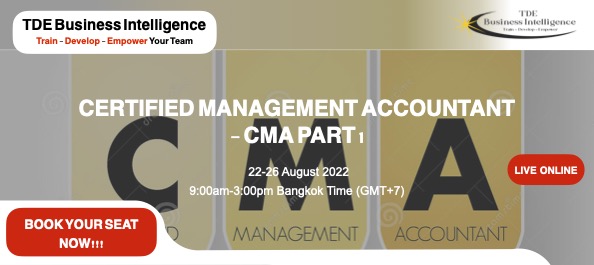
INTRODUCTION
CMA stands for Certified Management Accountant. CMA is a specialization course in Management Accounting that trains the candidates on different skills required in the domain. US CMA is offered by IMA (Institute of Management Accountants), an institute based in the United States, and is a highly respected designation all over the world. CMA is the highest credential in Management Accounting and requires professional training since it differs from Financial Accounting.
Management Accountants play a vital role in the financial health of an organization by making critical decisions, safeguarding a company’s integrity, and work towards business sustainability. The IMA delivers professional CMA course in 150 countries and has built a strong network of 140,000+ members. IMA is one of the largest and most respected associations for Management Accounting professionals.
CMA is the gold standard for you whether you want to enhance the value you bring to your current role or expand your career potential, the CMA will help you set a standard for excellence in your management accounting career.
WHO SHOULD ATTEND?
CMA provides you international recognition and open doors to career opportunities as:
- Financial Controller
- Chief Financial Officer
- Finance Manager
- Financial Analyst
- Financial Risk Manager
- Cost Accountant
QUALIFICATION REQUIREMENTS
The CMA programme lets you proceed at your own pace and since there are only 2 exams it is possible to complete your CMA in 6-12 months.
To get your CMA qualification, you must meet the eligibility requirements which include:
- Passing 2 exams; Part 1 and Part 2
- Holding a bachelor’s degree from an accredited college or university,
- Completing two continuous years of professional experience of management accounting
This requirement may be completed prior to, during or within seven years of passing the exam.
COURSE OUTLINE
Part I: Financial Planning, Performance, and Analytic
- 15% Cost Management
- 15% Internal Controls
- 15% Technology and Analytics
- 15% External Financial Reporting Decisions
- 20% Planning, Budgeting, and Forecasting
- 20% Performance Management
